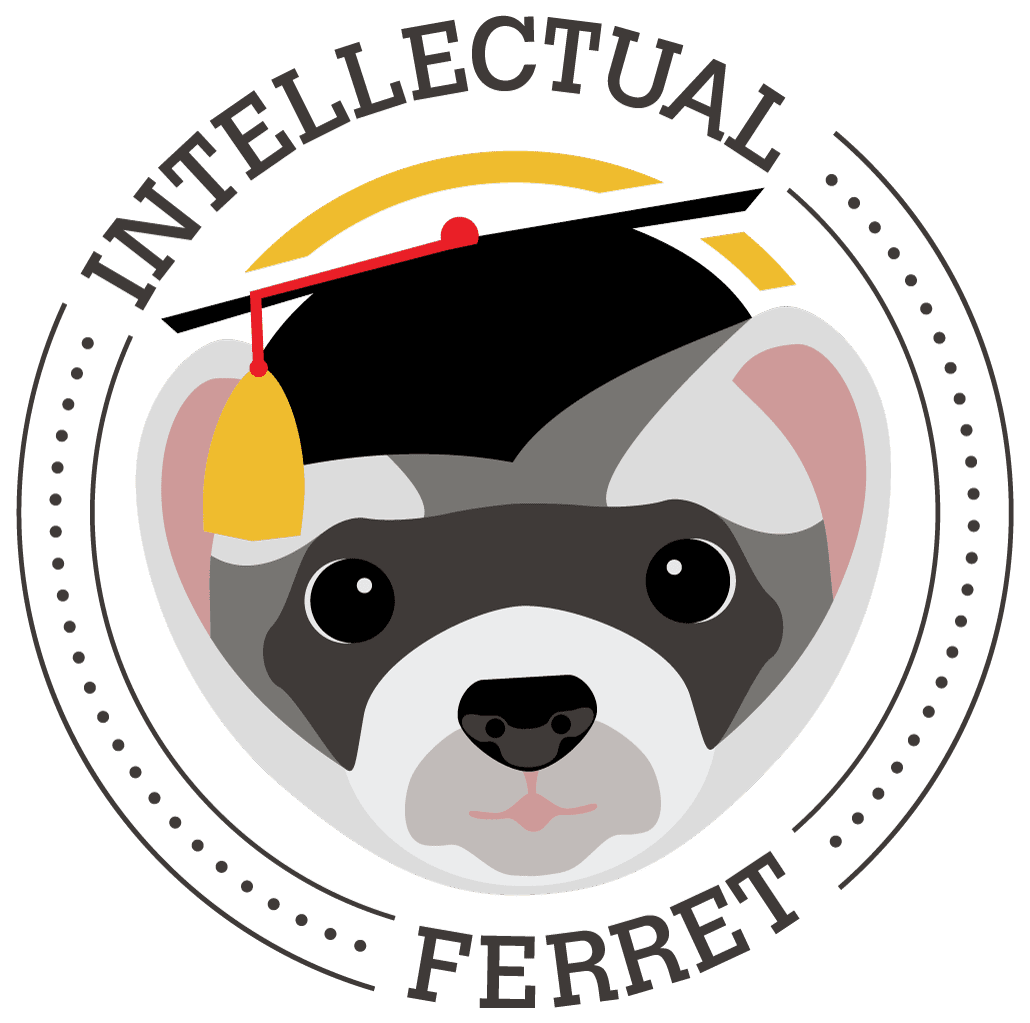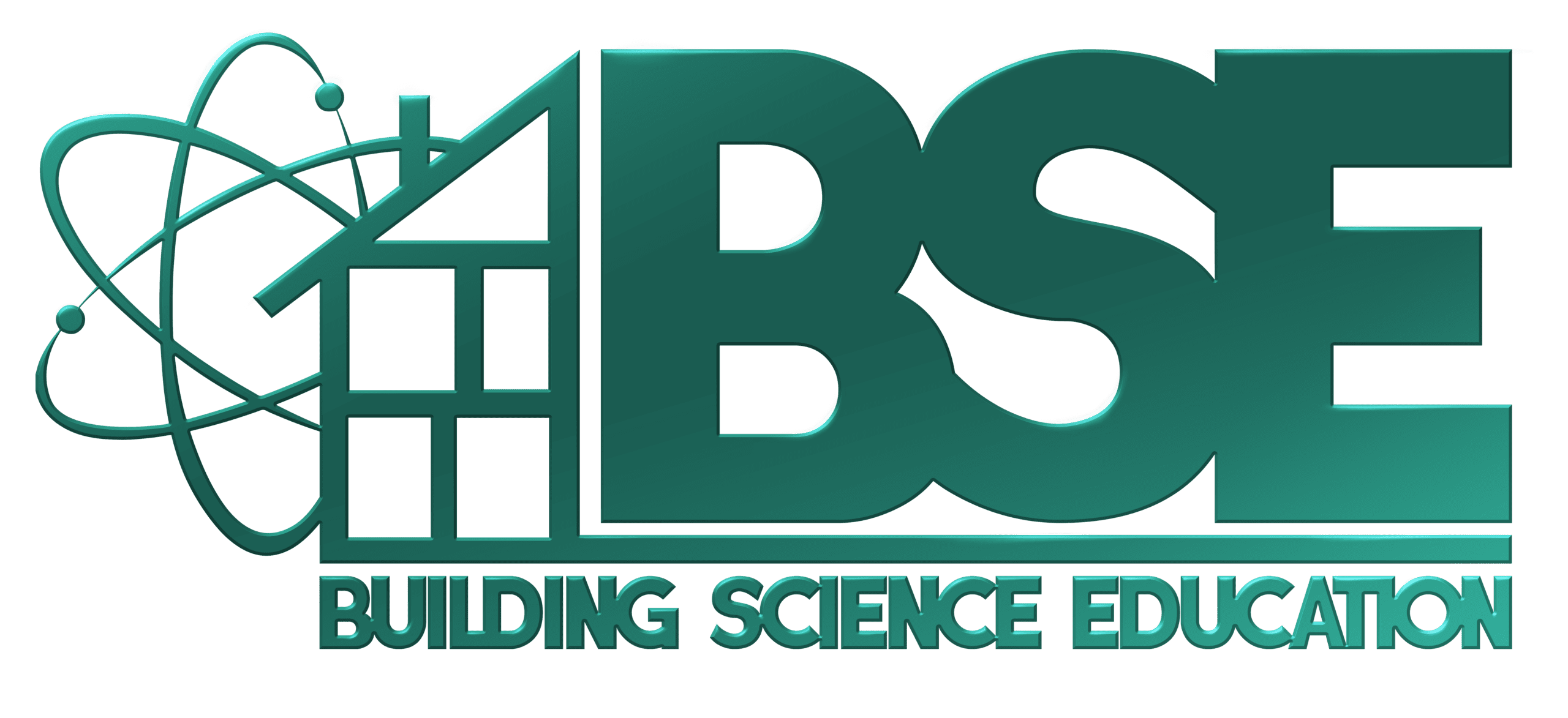How to Get Good
How Do You Get Good?
If you want to get good, the first thing to do is to acknowledge that you want to cultivate that specific skill. If you don’t acknowledge that you need to get good at something, you’ll be hindered by unrealistic beliefs. Either you’ll overvalue your skill or ignore deficiencies. This is not good for you if you’re just starting to work on personal development. As an example, I decided that I wanted to be able to write a short essay in cursive. First, I had to recognize that I could only remember about half of the cursive alphabet. I had a deficit in my memory of the alphabet. It’s not enough to say that you want to work on a skill- you have to assess yourself. This is key when it comes to the next step of “Getting Good”.
Once you’ve acknowledged that you need to cultivate a skill, you need to cast your eyes forward to where you want that skill to be. Set a realistic goal for where you want to be- the key point is “realistic”. I wanted to write an essay in cursive with very good penmanship. First I had to improve my memory of the alphabet- I wasn’t going to be able to write an essay on 15th Century Germany in a month! Instead, I gave myself a short-term goal. I decided that I wanted to take all of my notes in cursive within four weeks. This helped me get ready for my primary goal, and helped me feel like I actually improved my skill when I was able to write all my notes in three weeks!
Finally, you have to deliberately work on your skill! As I previously stated, I had a short-term goal to write all my notes in cursive. Before I could do that, I had to work on my memory of the cursive alphabet. I started small- by writing out the alphabet once a day from memory. Then I moved onto short sentences. Then I started to take notes in cursive. After three weeks, I could write every letter from memory and take quick notes on discussions in cursive. I accomplished my short-term goal!
While I haven’t written that essay yet (primary sources aren’t the easiest to translate), I take pride in being able to write in cursive. It’s a skill that not many people my age and younger worry about.
What about you? What skill are you going to Get Good at? Think about the skill you want to develop. Is it rare and valuable? Will it help you add value to others? If you answered yes, set up a plan to develop one of those skills- and contact us for more information on personal development!
Meaningful Life
I read Creativity by Mihaly Csikszentmihaly, trying to gain insight, when I stumbled across two quotes that rocked me.
The first is from Erik Erikson: “I am what survives me.” This simple, yet powerful phrase describing identity should be painted above every home’s entry door- on both sides- reminding us as we leave and return what is important.
The second was from Jonas Salk, slightly paraphrased here: “Be a good ancestor.” This is the perfect description of sustainability! What will our future generations inherit from us? Is it going to have value, a worth more than the cost?
Whenever I do work, I try to keep this idea in my mind, lurking in the background ready to pounce upon my conscience should I violate one of my core value creation principles: “Is what I’m doing creating value and generating a positive influence that will be part of my legacy?”
What is Possible?
What is Possible?
I have an imagination and I’m not afraid to use it. I had an employee give me a button to wear with that on it- and I wore it every day at that workplace.
When I was much younger, relatives called me “Spock” because I would comment on human behavior with “That’s just not logical!” I was taught from an early age to use declarative reasoning based on deductive and inductive logic to figure out what was likely true or false.
Deductive logic builds boxes or frameworks that allow us to separate or differentiate bits of knowledge- we can identify mammals by certain characteristics, then we can fit animals into the mammal box depending on whether they fit those characteristics.
Inductive logic creates general rules based on observation and experience, and draws conclusions leading us to what we believe is true or not. Pressing my foot on the vertical pedal on the floor of the Driver’s position of the car makes my car engine work more- and if I do that while the gearbox is in Drive mode, the car goes faster, but if I do that in park mode, the car doesn’t move at all. I can induce that there is a mechanism involved that disconnects the engine from the wheels when in park, and locks the wheels in position. In neutral, the mechanism disconnects the engine from the wheels, but the wheels are not locked in place.
Using both types of logic is necessary for us to discover what is likely true or not- but they don’t help us figure out what is possible! Only modal reasoning with the addition of abductive logic can help us.
Abductive logic looks for the best explanation that fits the data that doesn’t fit our current model. This creates a new, better model for us to work with. Abductive logic looks for what is possible and frees us from the chains of what we think is the only way. We create experiments to disprove what is possible, with a consequence of rich results that suddenly provide us with a bunch of never-before considered options.
To find what is possible, look for stuff that doesn’t fit into our differentiated boxes- these insights will help us form a new and better model. Then, experiment to disprove. An amazing thing will happen- you’ll learn that the universe doesn’t fall apart when you try something different.
You Are Capable
Think of all the complex tasks you do everyday. Driving cars, playing musical instruments, the very act of handwriting- these are very complex activities.
Take teeth brushing, for instance. Somehow you have to maneuver your meat-covered skeleton made from stardust into a space where you have access to water, a teeth brush, and teeth paste to scrub your teeth. You have to manipulate the cap off the tube of teeth paste and squeeze the right amount out – not too much nor too little- onto the bristles of your teeth brush. If you are a civilized person, you’ll put the cap back on and then insert the teeth paste-covered bristles into your open mouth between your lips and cheeks and your teeth, scrubbing vigorously up and down. Then the tops of your teeth and finally the inside surfaces of your teeth. After a rinse if mouth and brush, you’re done! But how many steps did it take you?
If you’re like most people, you don’t even think about it. One person I know even cleans his ears while engaged in teeth brushing! It has become automatic behavior, a habit, that doesn’t require conscious thought anymore- but once, it did.
Reflecting on your thinking is no more complex that brushing your teeth, yet it seems so difficult for most people. Why?
To begin with, we have our curiosity trained out of us by the educational institutions we were processed through as children. Then, we are taught at institutions of higher learning to memorize everything we can about specific subjects so we can regurgitate information on demand. Then we go to work for businesses that prescribe what we do during the time they rent from us, often in infuriating detail. At no time are we taught how to think and how to reflect on our thinking- those skills are now deemed unnecessary as the manager or leader does that as part of their job.
The result? At least three generations, probably more, of people who cannot think for themselves, figure things out, who think that everything on the internet is true (“Bon jour!”). If you were bothered by my use of the phrase “teeth brush” instead of the more conventional “toothbrush”, you might be part of that group to some degree.
To gain experience and confidence in your capability to deal with complexity, you will need self-discipline to turn the following exercise into a habit.
Start with an outcome or result of a decision you’ve made. Write it down. Next, think of all the actions you and others involved in that outcome took. Write them down. Now reflect on the thinking that led you to choose that action over other options. Write your description of the thought process down.
What you’ll likely find is that we rarely make decisions that only involve us, and we give very little thought to the actions we take. We are simply drifting through life on automatic mode, reacting to external forces based on our values and experiences (which are shaped by those very forces) in a self-perpetuating cycle of mediocrity.
But you are capable of far greater things than that! You can take control of your life and shape it into a life of meaning and purpose- if you’ll stop to reflect on the fact that your view of the world is imperfect, that differing views hold the potential for insight, that a more complete view exists, that you are capable of finding more complete views by practicing critical thinking, and that you are capable of dealing with complexity by thinking backwards from outcome to action to thought.
Search
IMPORTANT UPDATE
As of January 1, 2023, The Dillon Group, Inc. is NOT a RESNET®-accredited Training Provider.

PLEASE NOTE: Any use of “RESNET®” or other registered trademarks by The Dillon Group, Inc. does not indicate ownership, sponsorship, or endorsement by the registered trademark owners. Any use of registered trademarks falls under informational, editorial, or comparative use.





